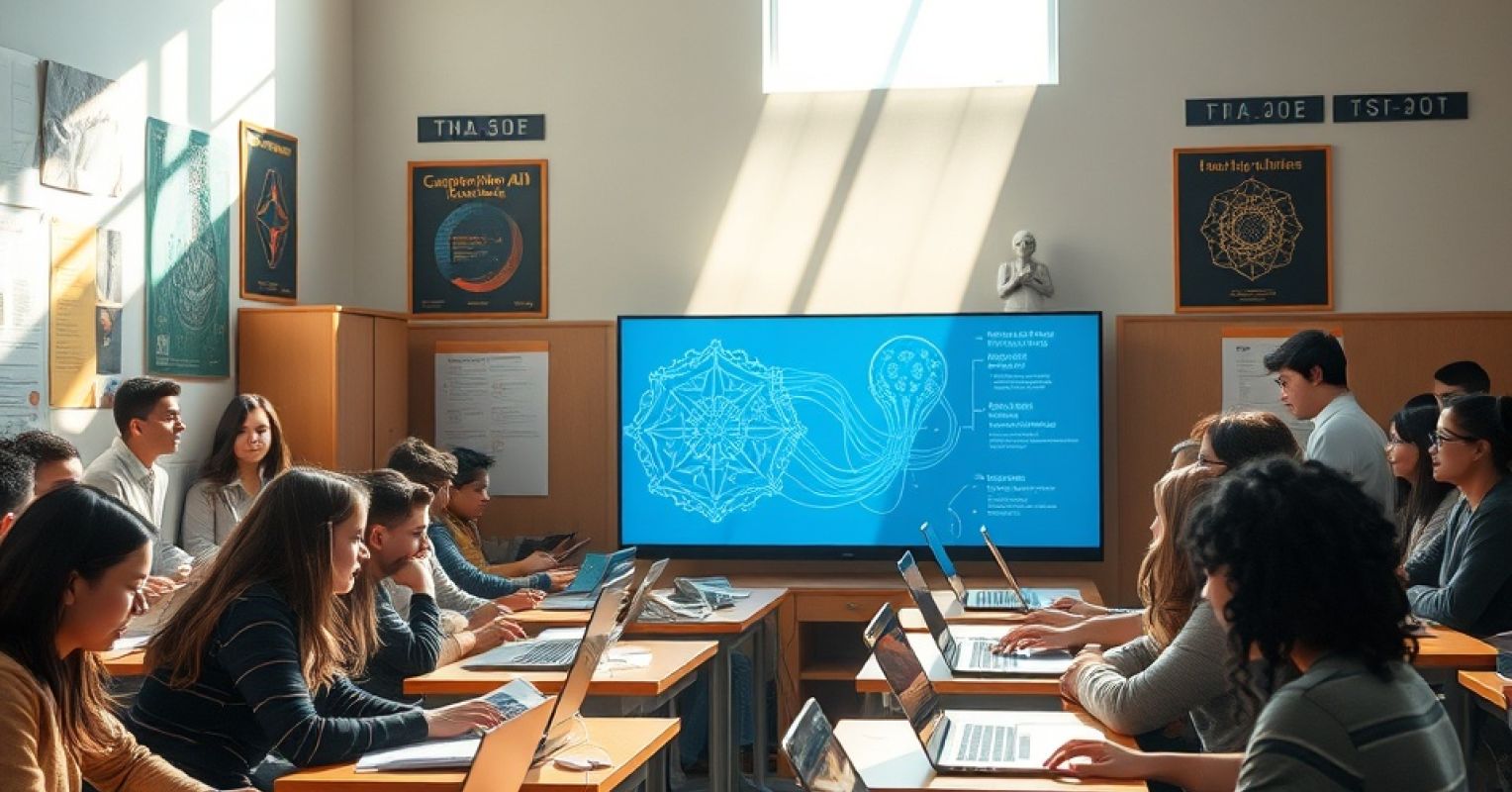
"Researchers Deng et al. (2025) recently asked: Does ChatGPT enhance student learning? They conducted a meta-analysis including 69 studies published from 2022 to 2024. Looking at the overall effects across all studies, they concluded that ChatGPT enhances academic performance, affective-emotional states, and higher-order thinking propensities, while also reducing mental effort. However, Weidlich et al. (2025) identified several flaws in the meta-analysis."
"First, different interventions were inappropriately combined (e.g., studies using ChatGPT for medical terminology memorisation, writing feedback, and unrestricted essay assistance were treated as equivalent). Second, control groups were wildly diverse, comparing ChatGPT users to groups receiving no help, human tutoring, or even video games rather than identical instruction without ChatGPT. Third, most studies failed to measure actual learning, instead using collaborative performance during ChatGPT use, unreliable self-reports, or tests given during interventions."
"Co-authored by Xiaoyan Dong, Hannah Farrell, and Michael Hogan. Artificial intelligence (AI) is rapidly changing how we learn and develop knowledge and skills. With the development of AI, more and more students in higher education are using AI like ChatGPT to assist them in completing their assignments. But how do students and AI collaborate in academic tasks? What are the key interaction patterns and dynamics shaping learning?"
AI like ChatGPT is increasingly used by higher-education students to assist with assignments. Aggregated findings across 69 studies reported enhanced academic performance, affective-emotional states, and higher-order thinking propensities, alongside reduced mental effort. Critical appraisal identified methodological flaws: heterogeneous interventions were combined, control groups varied widely (including no help, human tutoring, or unrelated activities), and most studies measured collaborative performance during AI use, unreliable self-reports, or tests administered during interventions rather than post-intervention learning. Studies largely failed to assess longer-term learning or knowledge retention after AI assistance. Over-reliance on AI risks eroding students’ knowledge and skills; educators need activities that foster questioning and verification.
Read at Psychology Today
Unable to calculate read time
Collection
[
|
...
]